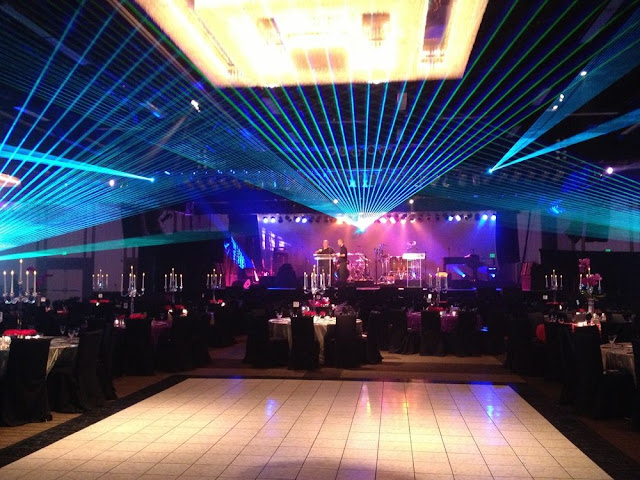10 Techniques to have better Coporate events.
Corporate events can be a powerful tool for businesses to achieve various objectives, such as fostering employee engagement, promoting brand awareness, networking with clients, or launching new products. Here are some popular techniques and strategies used in corporate event organising company
Clear Objectives:
Start by defining the specific objectives of the event. This could be team building, training, celebrating achievements, or networking. Clear objectives will guide the planning process and help measure the event's success.
Theme and Branding:
Select a theme that aligns with the event objectives and reflects the company's brand identity. Consistent branding across invitations, signage, decorations, and marketing materials helps create a cohesive and memorable event experience.
Engaging Content:
Plan engaging and informative sessions that provide value to attendees. This can include keynote speeches, panel discussions, workshops, or interactive activities. Consider incorporating multimedia elements, such as videos or live demonstrations, to make the content more dynamic and memorable.
Networking Opportunities:
Provide structured networking sessions or informal networking areas where attendees can connect and build relationships. Icebreaker activities, speed networking, or interactive games can help facilitate networking interactions.
Technology Integration:
Leverage technology to enhance the event experience. This can include event registration and ticketing platforms, event apps for schedules and networking, interactive live polling, or virtual reality/augmented reality experiences.
Entertainment and Engagement:
Incorporate entertainment elements to create a lively and enjoyable atmosphere. This could involve live performances, musical acts, comedians, or interactive games and competitions. Engaging activities like photo booths, virtual reality experiences, or scavenger hunts can also enhance attendee participation.
Event Design and Production:
Pay attention to the event's design and production elements, including staging, lighting, sound, and visual effects. Thoughtful event design can create a visually appealing and immersive environment that aligns with the event's theme and enhances the overall experience.
Feedback and Evaluation:
Gather feedback from attendees after the event to assess its success and identify areas for improvement. Surveys, feedback forms, or post-event interviews can provide valuable insights to refine future events.
Sustainability:
Consider incorporating sustainable practices into the event, such as reducing waste, promoting recycling, using eco-friendly materials, or supporting local suppliers and vendors.
Event Follow-up:
Maintain the momentum after the event by sending follow-up communications, sharing event highlights or key takeaways, and nurturing relationships with attendees. This helps maximize the long-term impact of the event.
Each corporate event planning should be customized to the specific objectives and target audience. By applying these techniques, event planners can create memorable and impactful experiences that align with their company's goals.



Nice article,Keep Posting
ReplyDeleteEvent Management companies in bangalore
Corproate Event Management companies in bangalore